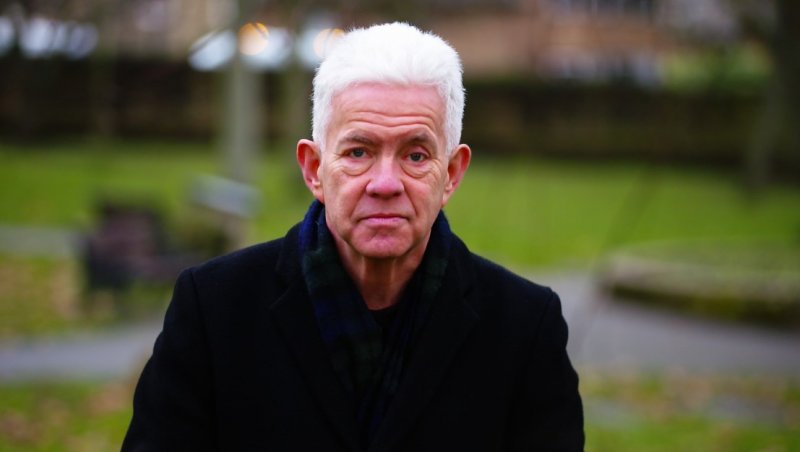COUNCIL-OWNED green belt land in one of Barnsley’s most rural outposts will be sold as part of a controversial plan which will see pylons removed to redirect power cables underground, documents have revealed.
The National Grid’s scheme - approved by Barnsley Council’s planning board in June - came despite wildlife experts claiming the work would decimate wildlife at Dunford Bridge.
The project - dubbed the first of its kind in the world - will see seven pylons along a one-and-a-quarter mile stretch taken down and the power channelled underground.
Work is scheduled to begin early next year, but cabinet approval is expected to be granted on Wednesday for the sale of 1.2 acres of land and permission to give a two-year land lease - relating to 8.77 acres - for the work to be carried out.
According to documents, the sale of the land is expected to accrue just £7,800 for the council.
A diversion on the popular Trans Pennine Trail is set to come into effect, with the existing route closed in the autumn of 2021, while the underground cables will be installed and energised by summer 2022 with the overhead line removed in autumn 2022.
A council report said: “Dunford Bridge is located on the periphery of the Peak District National Park and is considered to be an area of outstanding natural beauty.
“The removal of the towers will reduce the impact of National Grid’s presence in the locality and dramatically improve the vistas in the immediate vicinity.
“There has been local opposition to the scheme, but this has been more around the disruption during the works.
“During the undertaking of the works there will be a significant impact on the local community - due to the nature of the works there will be regular vehicle movements within the locality.
“This will take place over a two-year period. Once the works have been completed, residents and visitors will have the benefit of the seven overhead towers having been removed as part of the project.
“In order to facilitate these works, the National Grid seek to purchase a plot of land from the council required for compound purposes. It is estimated that the council will benefit from a capital receipt from the sale of land in the region of £7,800 and for the cable easement a sum in the region of £22,100.”
Yorkshire Wildlife Trust blasted the plan and supported campaigners’ claims that local wildlife would be ‘significantly harmed’ by the work - including the loss of willow tits, an endangered bird.
A spokesman added: “This will undo a success story which has given Barnsley recognition across the country.
“Yorkshire Wildlife Trust is leading a national ‘back from the brink’ project on willow tits to protect and learn about them.
“Willow tits are the most endangered species in the UK, but we’ve still got a decent population in Barnsley and we’re getting visitors to come and look at them.
“They epitomise Barnsley’s fight back from its bleak, industrial past. Coal mining brought a lot of prosperity to Barnsley but when it left, it left a lot of habitat that needed improvement and we’ve done a lot of work on that.
“We’d love to see these pylons removed in a well-managed scheme, but this isn’t it. They are not more important than the extinction of a bird species.”




























